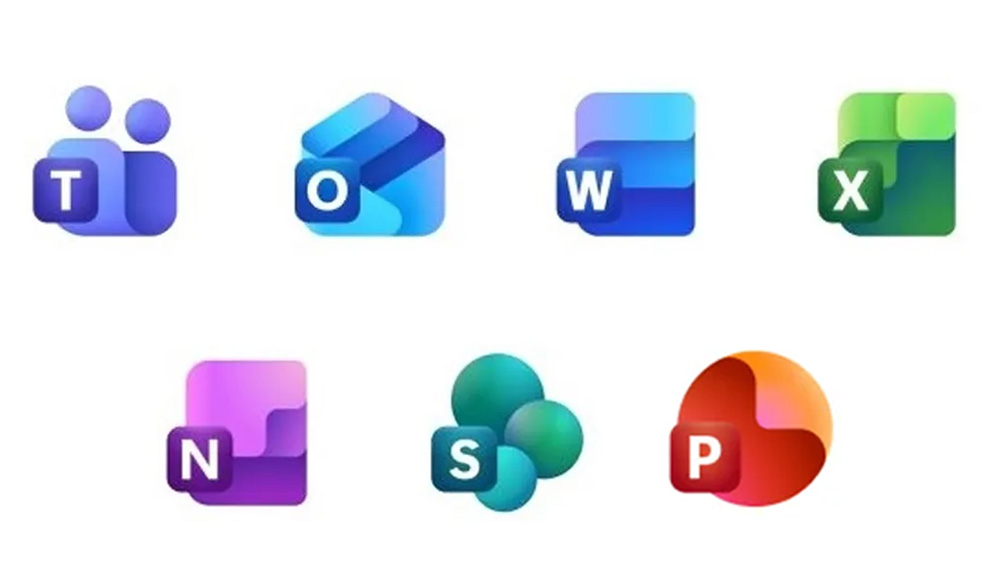The End of an Era: Economy 7 and the BBC's Long Wave Transmission

If you have been paying attention to the world of advertising in Britain during the vibrant 1980s, chances are you will recall the ubiquitous promotion of Economy 7. This innovative heating solution was heralded as a revolutionary method for homeowners to efficiently heat their residences at a fraction of the usual cost. It utilized a system of storage heaters that charged up overnight, taking advantage of electricity available at lower rates during off-peak hours. The result? A warm home throughout the day without breaking the bank. But behind this seemingly magical solution was an unseen force a nationwide radio switching signal transmitted through BBCs Long Wave service at a frequency of 198 kHz.
Fast forward to 2025, and the BBC Radio 4 Long Wave service, which has played a pivotal role in the operation of Economy 7, is set to be discontinued. This imminent shutdown threatens to render thousands of off-peak electricity meters, which rely on this legacy system, completely obsolete. The story of Economy 7 and its impending end is being shared by sources such as [Ringway Manchester], shedding light on how this transition affects many households.
The Economy 7 system was introduced in the early 1980s and included a receiver box installed alongside the standard electricity meter. This box was responsible for switching the off-peak circuit on and off, based on signals transmitted at 198 kHz. The signal was phase-modulated onto the carrier wave, allowing it to convey a variety of energy use programs tailored to different consumer needs. The unique properties of 198 kHz, particularly its low frequency, ensured universal coverage across the nation, making it an ideal choice for such a crucial service.
However, as previously reported, the main transmitter located at Droitwich is facing retirement due to the unavailability of the high-power vacuum tubes essential for its operation. Consequently, the time is running out for Economy 7, with many electricity companies lagging in response to these changes. Despite years of warning about the impending discontinuation of the service, there is now a frantic rush to replace outdated electricity meters with modern smart meters, ensuring that consumers can still effectively manage their energy consumption.
While the broadcast bands may seem to be fading into history, it is not entirely the end of the road. There are discussions about the potential emergence of a new station on the dial, which might offer some hope for listeners in the future. As we look to the future of energy consumption and broadcasting, one thing is certain: the landscape is changing, and its crucial to stay informed.
























